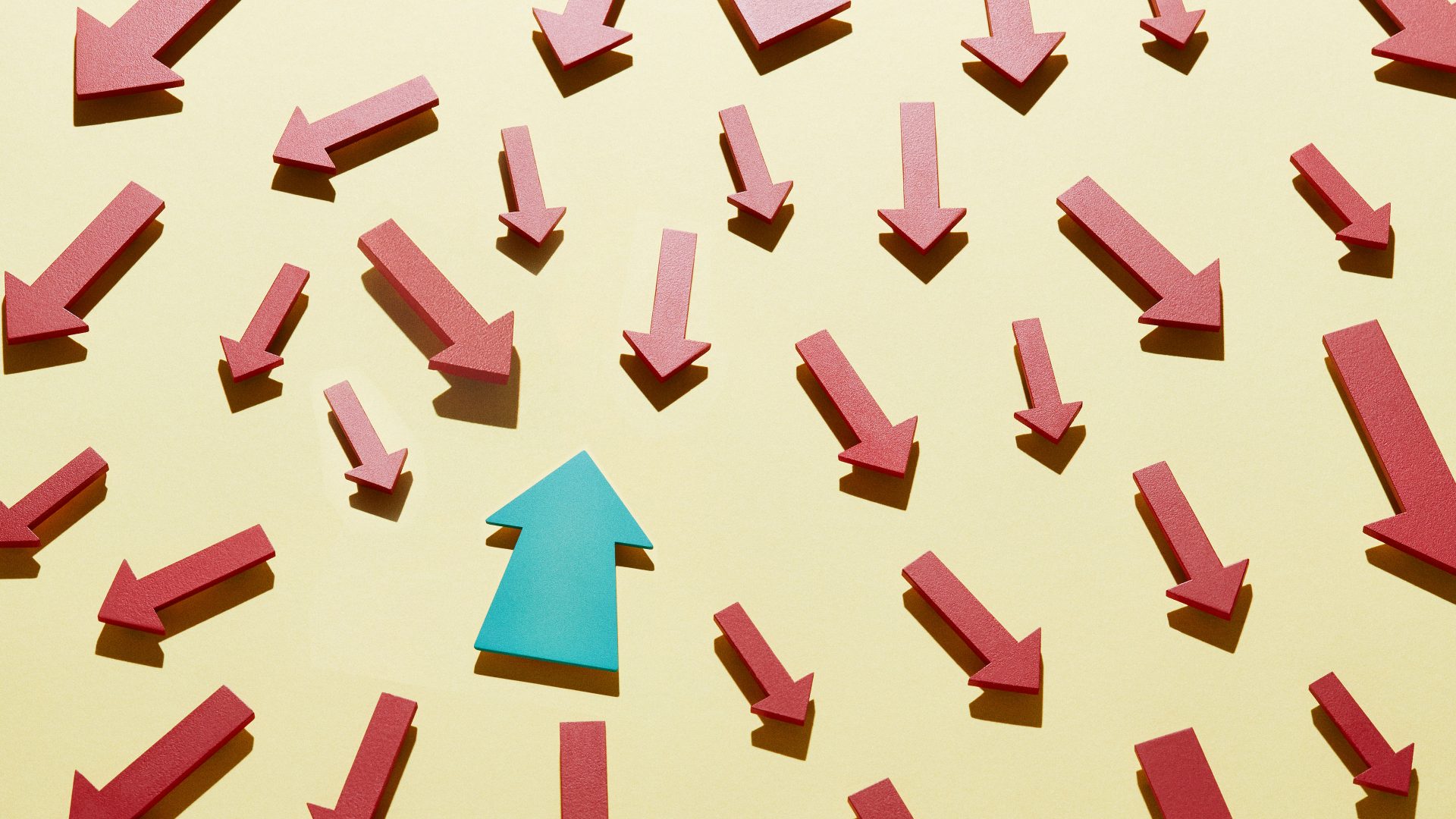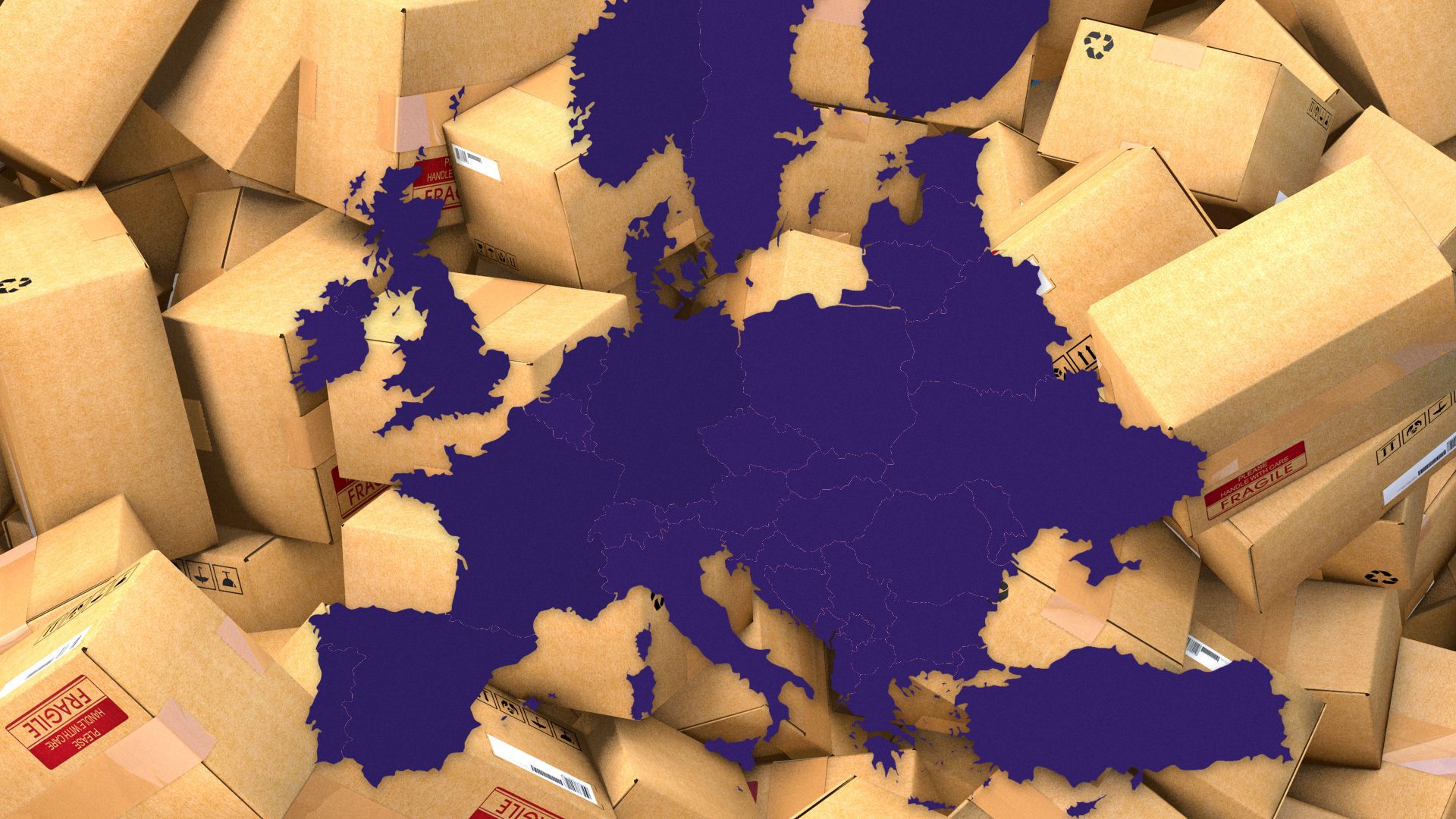It’s easy to feel helpless. A year into the Ukraine war and news of atrocities and suffering continues to pour in. This is now so commonplace that we are in danger of treating fresh violence as a background to our lives. Its shock value has been diminished by familiarity.
People are still dying in the aftermath of the earthquakes in Turkey and Syria, and will continue to do so for months. Closer to home, people are dying because of ambulance shortages and what looks to many like a cynical attempt by the government to bring in NHS privatisation on the sly. Meanwhile, the effects of climate breakdown are increasingly visible – it may be too late to do much about this.
In these and many aspects of our lives, it is easy to feel powerless. If we can do anything at all to stem the flow of suffering, it will be tiny – a drop of clear water in a wide river of untreated sewage. Without many millions of other people acting like us, our actions will have little or no effect. And the chances are that not enough people will act. In a simple cost-benefit analysis, the price of attempting to bring about change may be far higher than any ensuing benefit to the world.
Stoic philosophers influenced by Epictetus tell us to focus on the things we can change and not worry about the things that we can’t. Remain calmly indifferent to what is beyond your control. But focusing on changing our personal mindset, remaining aloof, and not thinking too much about climate catastrophe seems all wrong to me. Part of being alive and connected to the world in 2023 is that these things are and should be part of our reality. Ignoring them won’t make them go away. They should matter to us and upset us.
In his book Anarchy, State and Utopia, the American philosopher Robert Nozick imagined an experience machine that you could plug into for life, a virtual reality environment that gave you the illusion of being in the world, but which could satisfy any desires that you have. You could have amazing sex with your favourite film star, score the winning goal in a World Cup final, spend your life on a beautiful private island, or become the most brilliant violinist in history – perhaps even do all of these. You could seem to do or become whatever would give you the most pleasure imaginable. You could even seem to become prime minister and rejoin the EU, and then earn millions of pounds on the speaker circuit.
The machine could create the realistic experience of anything you desire. After you’d been connected for a few hours you wouldn’t even realise that this wasn’t reality. It would be your reality. Nozick asked whether it would be reasonable to plug into the machine for life.
If all that matters about life is pleasure, we should all want to plug in. Not just for a few hours’ intense entertainment, but for ever. Nozick’s thought experiment was meant to show that many of us wouldn’t want to do that. This implies that we think some things matter more than pleasure. One reason he gave is that many of us want to experience the real world, not a human-created illusory one, even if that means our lives will be more painful as a result.
I’m with him on that. Let’s not kid ourselves that everything is going splendidly if it isn’t. Let’s not hide in a cosy world of make-believe. Let’s not zone out from caring about the world as it is in order to enter a pleasurable place of calm and contentment. That’s too close to plugging into the experience machine for life. There are more important things than inner peace.
But if we are stuck with the world as it is in its disturbing complexity, and helpless in the face of major events, is there nothing that we can do? Here, symbolic actions are worth considering. Displaying solidarity with Ukraine, making donations to charities, recycling plastic bags, using public transport rather than driving a car – these actions will probably at best have only very minor effects on world events.
But even when we do such things with no illusion that they’ll transform the world, they remain important ways of displaying who we are, what we care about, what matters to us. The tragedy of life is that we are mostly swept up by the river of history and that much of our seeming control over our lives and the wider world is illusory.
But we can still shout “no!!” as the current pulls us along or under. Far better that than tranquil indifference.



